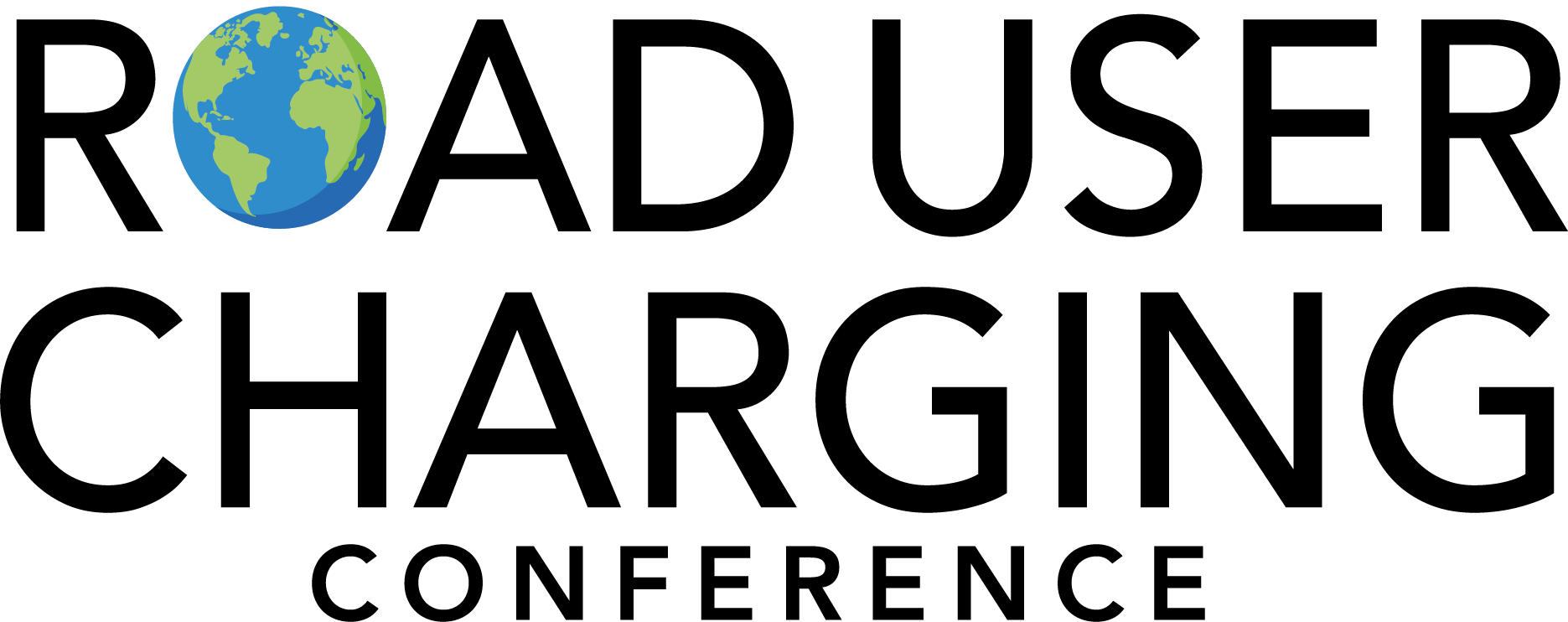Road User Charging Conference Asia Pacific 2025: Meet the speaker – Tongkarn Kaewchalermtong, Taipei City Government
)
Taking place on 01-02 October at the Four Points by Sheraton Singapore, Riverview hotel, the internationally recognised event will unite senior policymakers, industry leaders and innovators to share best practice in the planning, financing, implementation and operation of tolling, road usage charging (RUC) and mobility pricing schemes across highways, urban roads and cross-border corridors.
Among this year’s confirmed speakers is lieutenant colonel Dr. Tongkarn Kaewchalermtong, president of ITS Thailand and chairperson of the Transportation and Logistics Working Group at the ASEAN Federation of Engineering Organizations (AFEO).
Kaewchalermtong is a board member of both the ITS World Congress and the ITS Asia-Pacific Forum and also contributes to the Foreign Affairs and BIM Committees of the Engineering Institute of Thailand.
He serves as a lecturer in the Civil Engineering Department at Chulachomklao Royal Military Academy and as an expert at the Defence Technology Institute (DTI), Ministry of Defence.
Recently, Kaewchalermtong played a pivotal role in establishing the Asia-Pacific Road User Charging Alliance (APRUCA).
At this year’s conference, Kaewchalermtong will discuss sustainable public-private partnerships in road pricing: governance, risk, and innovation in Thailand. During the talk, he will explain governance frameworks for transparent and accountable PPP road pricing.
Kaewchalermtong will also take part in a panel discussion concerning decarbonising transport and the role of RUC in achieving net zero.
Name: Tongkarn Kaewchalermtong
Job Title: President
Organisation: ITS Thailand
What is the most rewarding aspect of your role?
The most rewarding part of my work is the opportunity to bridge policy, technology, and real-world implementation. As president of ITS Thailand, I am able to collaborate with government, industry, and academia to design transportation solutions that not only improve efficiency but also enhance quality of life for citizens. Seeing innovation translate into tangible benefits for society keeps me motivated every day.
What is the most pressing challenge for user-financed transportation in 2025?
The key challenge lies in balancing financial sustainability with public acceptance. As fuel tax revenues decline due to electric vehicle adoption, user-financed mechanisms such as road user charging must fill the gap. Yet ensuring fairness, transparency, and inclusivity in these systems, while also addressing public trust, remains a complex task in 2025.
What is your best piece of advice for those implementing user-financed transport schemes?
My advice is to take a holistic and phased approach. Start with pilot projects to demonstrate value and build trust among stakeholders, then scale based on clear data and performance outcomes. Engagement with the public, coupled with transparent communication of the benefits, is essential for long-term success.
Does legislation support or hinder innovation in this sector?
Legislation can serve as both a catalyst and a barrier. Well-designed regulatory frameworks create clarity, enable investment, and provide legal certainty for implementation. However, overly rigid or outdated legislation can slow innovation, so it is crucial for policymakers to be adaptive and forward-looking.
How will user-financed transport schemes evolve by 2030?
By 2030, I believe user-financed transportation will be fully digital, data-driven, and seamlessly integrated into broader mobility ecosystems. Payment systems will move beyond toll booths and into GNSS-based and account-based models, enabling greater flexibility and equity. Most importantly, it will no longer be viewed simply as a revenue tool, but as a policy instrument to manage demand, reduce emissions, and foster sustainable mobility.
Why are you looking forward to speaking at Road User Charging Conference Asia Pacific 2025?
I am excited to join this important forum because it provides a unique platform to exchange ideas with global experts and regional leaders. APAC is at the forefront of rapid urbanisation and transport transformation, and sharing Thailand’s perspectives while learning from international best practices is invaluable. I look forward to contributing to discussions that will shape the future of user-financed transportation across the region.



